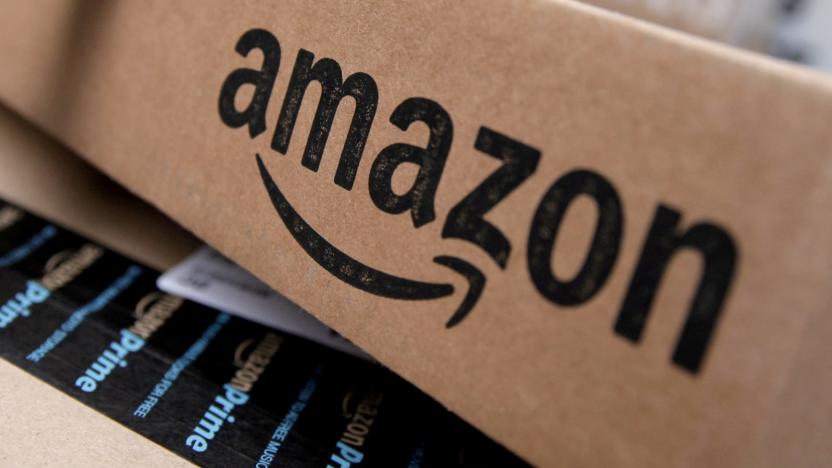drugstore
Latest

Amazon has drug distribution licenses for at least 12 states
St. Louis Post-Dispatch found more hints that Amazon is truly thinking of getting into the prescription drug biz, which was first reported earlier this month. The publication reviewed public records and found that the e-retail giant has received licenses to become a wholesale drug distributor in at least 12 states. Nevada, Arizona, North Dakota, Louisiana, Alabama, New Jersey, Michigan, Connecticut, Idaho, New Hampshire, Oregon and Tennessee have already approved the company's application, whereas Maine is still thinking about it.

DS health and exercise game sold in Japanese drugstores
On November 15th, not only will Japanese electronics stores begin carrying Kenkou Kentei (Health Certification) but drugstores will as well. Produced under the supervision of the Chief of Research Planning and Evaluation for Japan's National Health and Nutrition Institute, the program is designed to help people manage their health through diet, exercise planning, and information on avoiding illnesses.We don't know if the drugstore thing is just a marketing gimmick or a clue that this is genuinely helpful software. Probably some of both. We remember seeing some budget PS2 games in a CVS Pharmacy one time, but we don't really think that Corvette would teach us anything about balanced meals.

Commercial Kodak scanner digitizes, tags old photos
In much the same way that Coinstar machines have revolutionized the way we deal with accumulated change, Kodak has unveiled a new commercial scanner that promises to batch-digitize stacks of old photos and assign them rudimentary chronological metadata. Introduced on the occasion of the EasyShare line's fifth birthday, the so-called "Scan the World" technology will be incorporated into modified check-scanning machines for initial deployment as stand-alone kiosks or behind the counter at drug stores, which can currently turn your bits into atoms, but not vice versa. According to Kodak, the scanners use software which is able to identify different photographic paper for estimating the decade in which the picture was shot, and can even group pictures featuring like individuals through facial recognition. Future versions of the application will also incorporate OCR capabilities for reading watermarks or handwritten notes on the back of photos, further improving the accuracy of the tagging engine.

